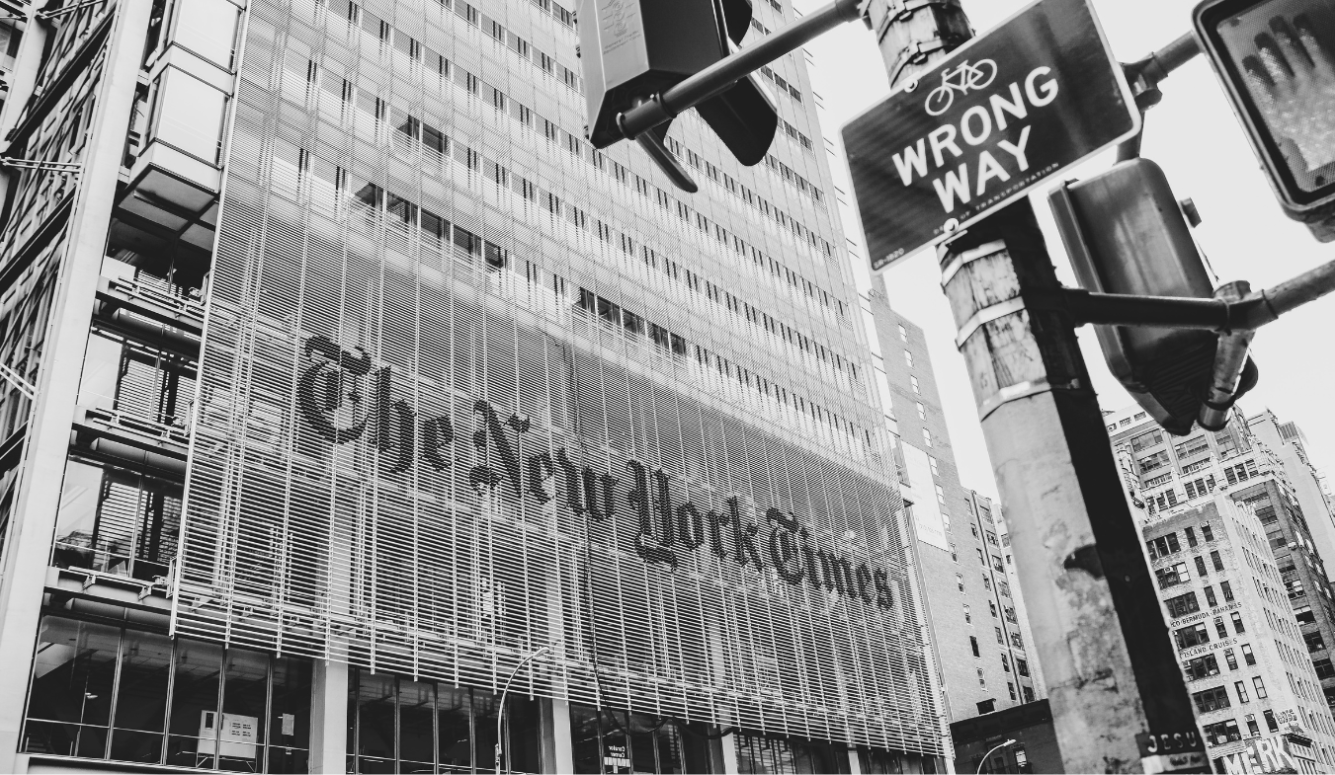Politics
Lights Out in America
The cowardice at America’s most important liberal publications is damaging democracy.

Cancellations of people and events are most damaging when authorities surrender to the demands of the cancellers without a fight. When a university fails to insist that a “controversial” speaker be assured of a hearing in the teeth of noisy protests, it does more than cede victory to the protesters in return for a (temporarily) quiet life. This kind of capitulation tears another hole in the fabric of civil society, the free existence of which demands respect for a rule of free speech and publication, however unwelcome some speech and some publishing may be. Should the observation of this rule be replaced by a claim that speech on selected themes can cause fear and “pain,” public debate—especially in universities—will find itself at the mercy of self-appointed commissars tasked with sparing people psychological and emotional damage.
The US media enjoys the world’s strongest protections of speech and publication, so it might have been counted on to oppose this movement in the name of those freedoms. But instances of journalists being fired or forced to resign for writing or saying the wrong thing have been growing, and these cases tend to follow a similar pattern. First, a writer or editor publishes a piece that is deemed offensive to one or more groups of “marginalised” individuals. Second, activists, influencers, celebrities, and not infrequently the writer’s/editor’s own colleagues informally collaborate in a sustained social-media mobbing of the publication in question and any staffers unwise enough to defend the article at issue. Third, following a period of agonised indecision, the writer/editor is pushed out and the publication releases a craven apology detailing the hurt caused and the lessons learned. Upshot? The mob is greatly empowered and the spectrum of permissible opinion shrinks.





